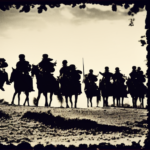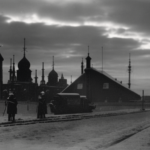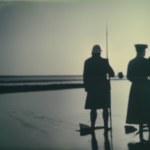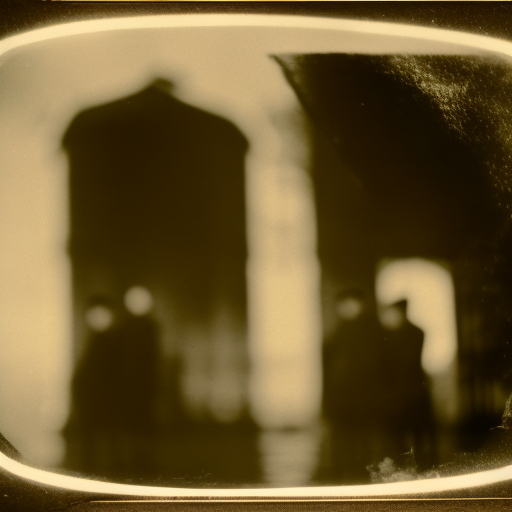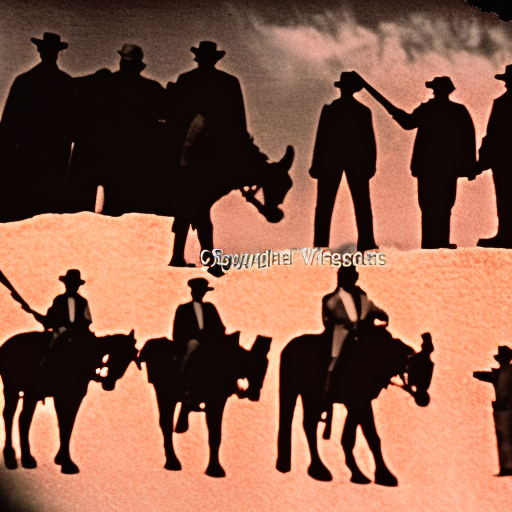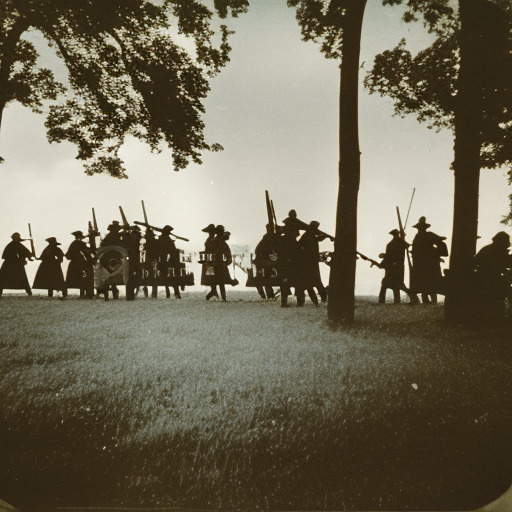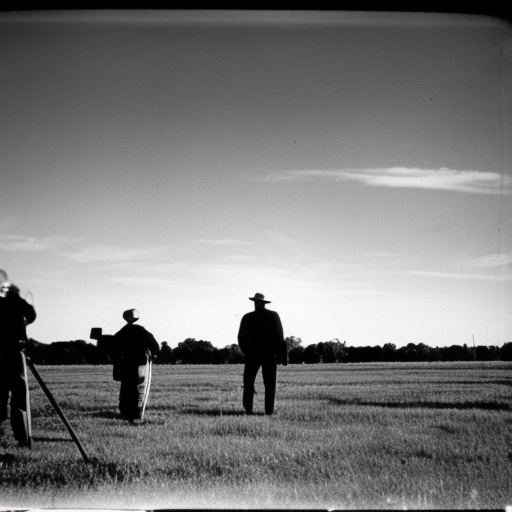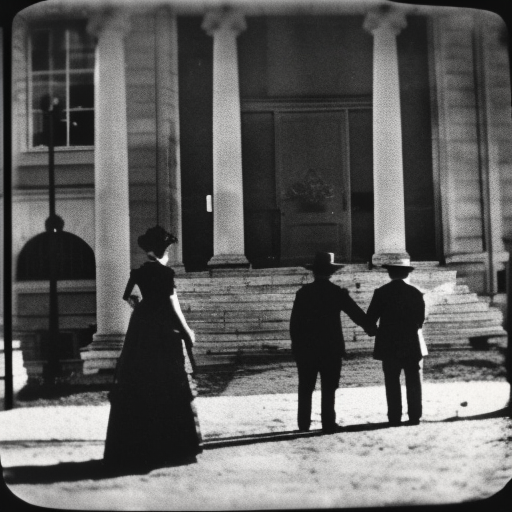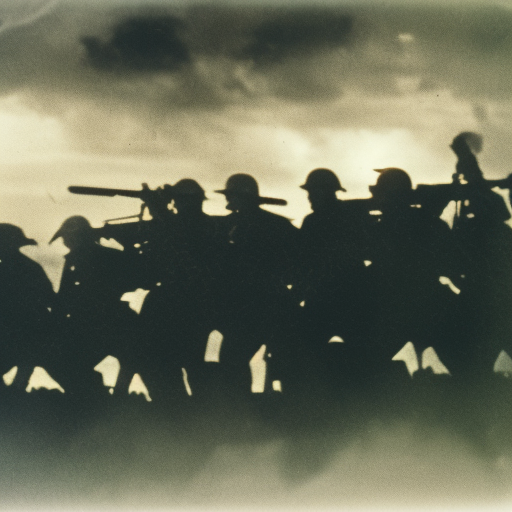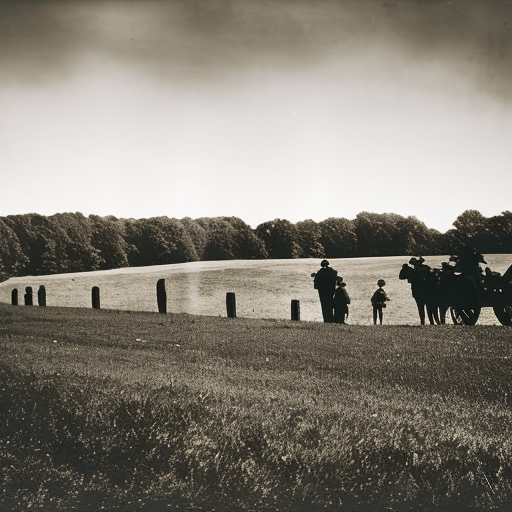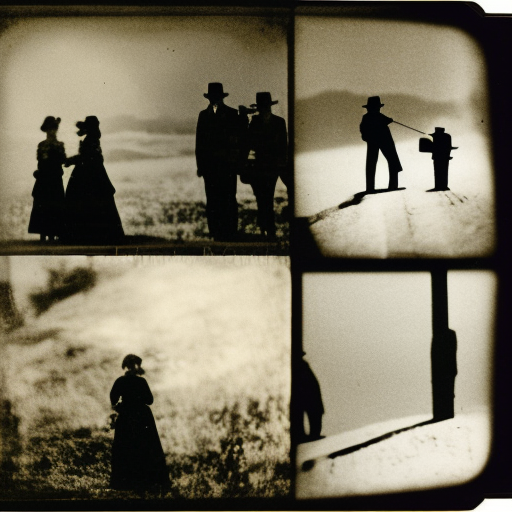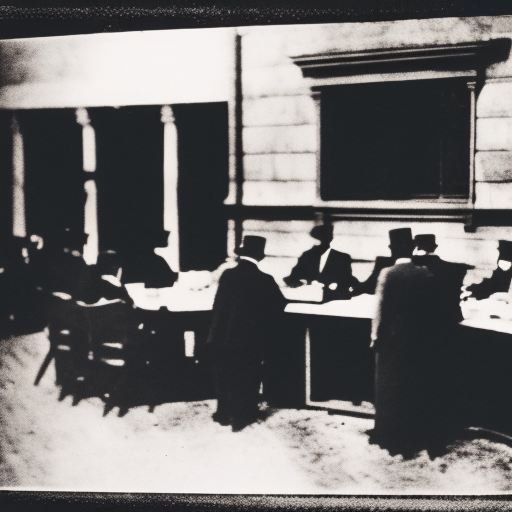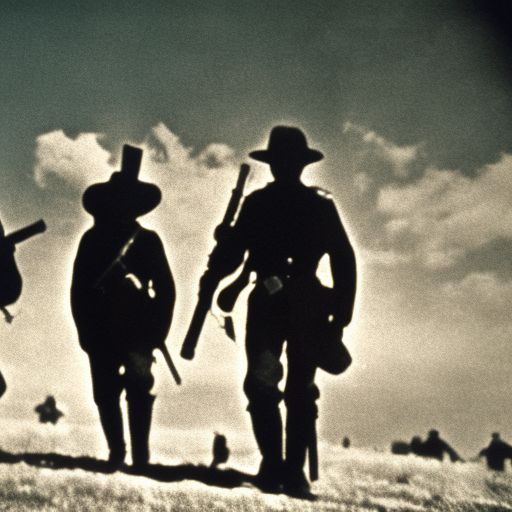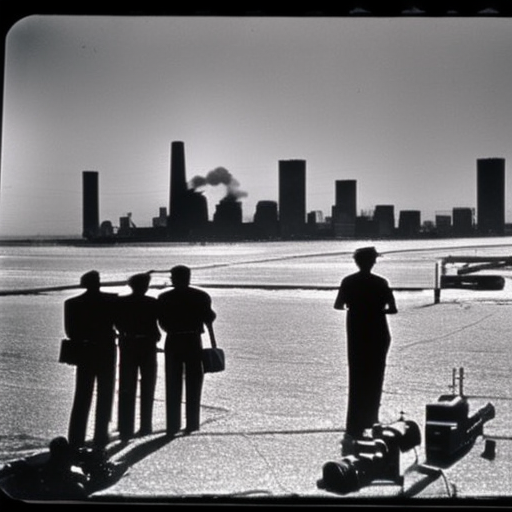The Era of Good Feelings was a period of relative political harmony and economic growth in the United States following the War of 1812.
The Adams-Onís Treaty (1819) Explained
The Adams-Onís Treaty of 1819 resolved territorial disputes between the United States and Spain, leading to the acquisition of Florida and the establishment of the western boundary of the United States.
The Hartford Convention (1814) Explained
The Hartford Convention was a meeting of New England Federalists during the War of 1812, where they discussed their grievances and proposed amendments to the U.S. Constitution.
The Battle of Tippecanoe (1811) Explained
The Battle of Tippecanoe was a significant conflict between American forces and Native American tribes led by Tecumseh, marking a turning point in Native American resistance to westward expansion.
The American System by Henry Clay Explained
The American System was a comprehensive economic plan proposed by Henry Clay to promote national unity and economic growth in the United States.
The Compromise of 1850 Explained
The Compromise of 1850 was a series of legislative measures that aimed to address the issue of slavery and maintain the balance of power between free and slave states in the United States.
The Battle of Vicksburg (1863) Explained
The Battle of Vicksburg in 1863 was a pivotal Union victory during the American Civil War, securing control of the Mississippi River and dividing the Confederacy.
The Battle of Antietam (1862) Explained
The Battle of Antietam was a significant Civil War battle that took place in 1862, resulting in the bloodiest single day in American history.
The Gilded Age Explained
The Gilded Age refers to the period of rapid economic growth and wealth accumulation in the United States during the late 19th century, characterized by stark social inequality and political corruption.
The Teller Amendment (1898) Explained
The Teller Amendment (1898) was a legislative measure that declared the United States would not annex Cuba after the Spanish-American War.
The Rough Riders Explained
The Rough Riders were a volunteer cavalry unit led by Theodore Roosevelt during the Spanish-American War.
The Iran-Contra Affair (1980s) Explained
The Iran-Contra Affair was a political scandal in the 1980s involving secret arms sales to Iran and the diversion of funds to support Contra rebels in Nicaragua.

